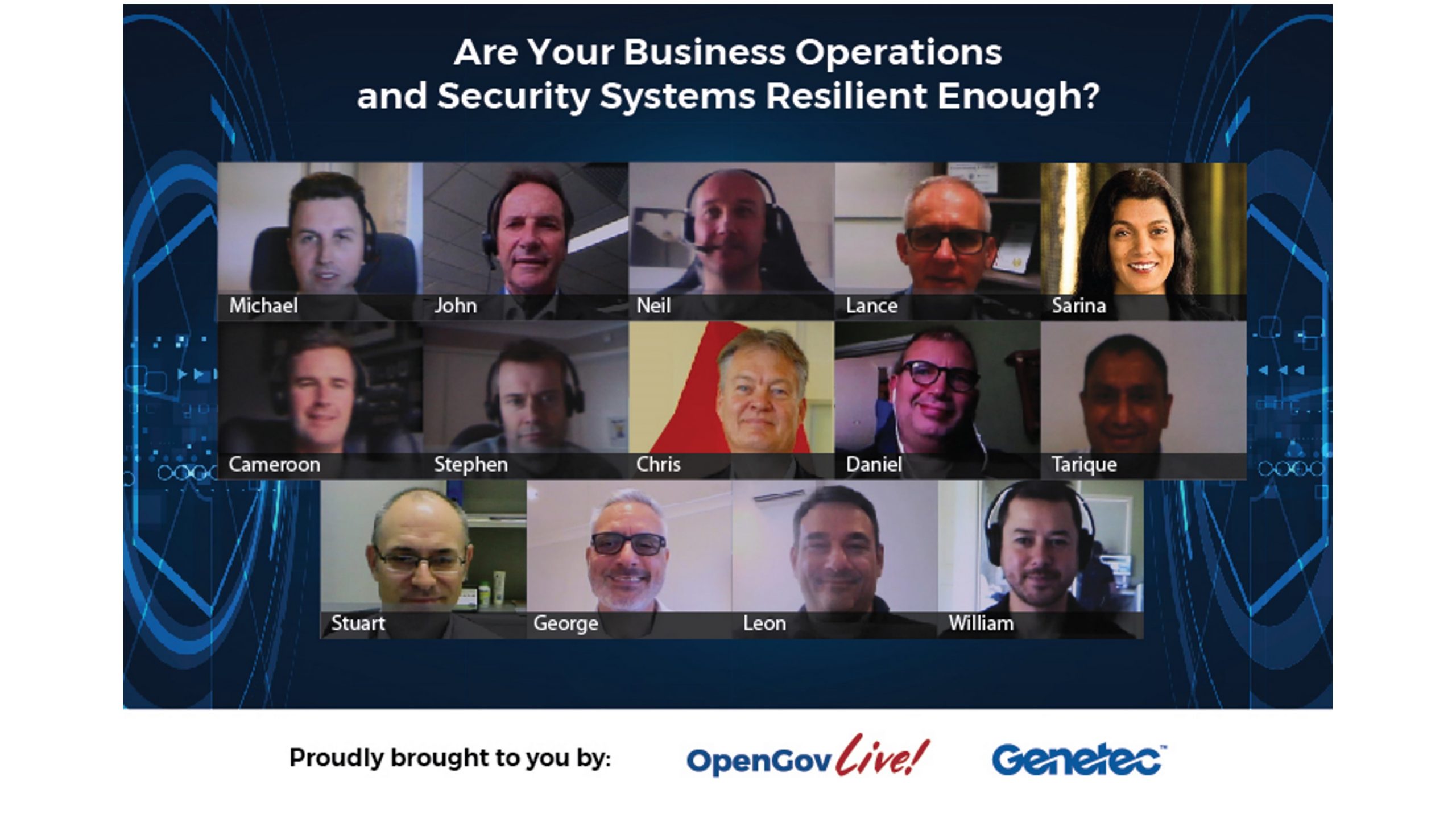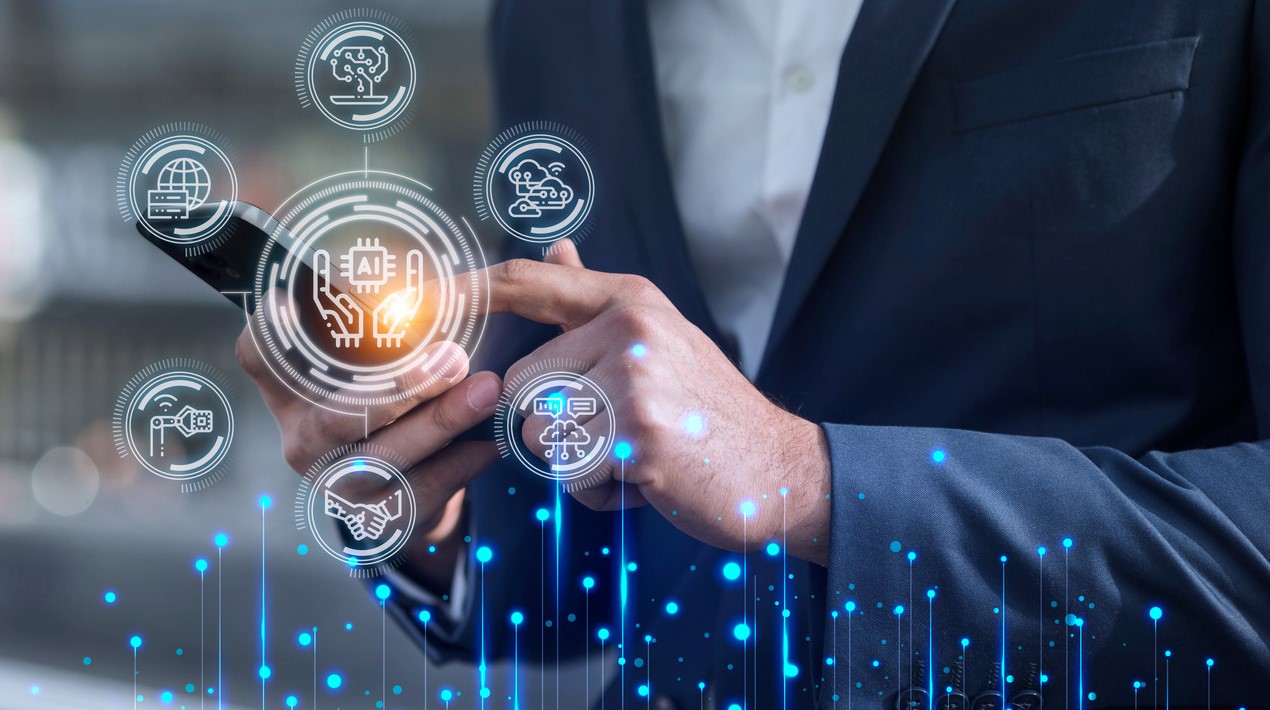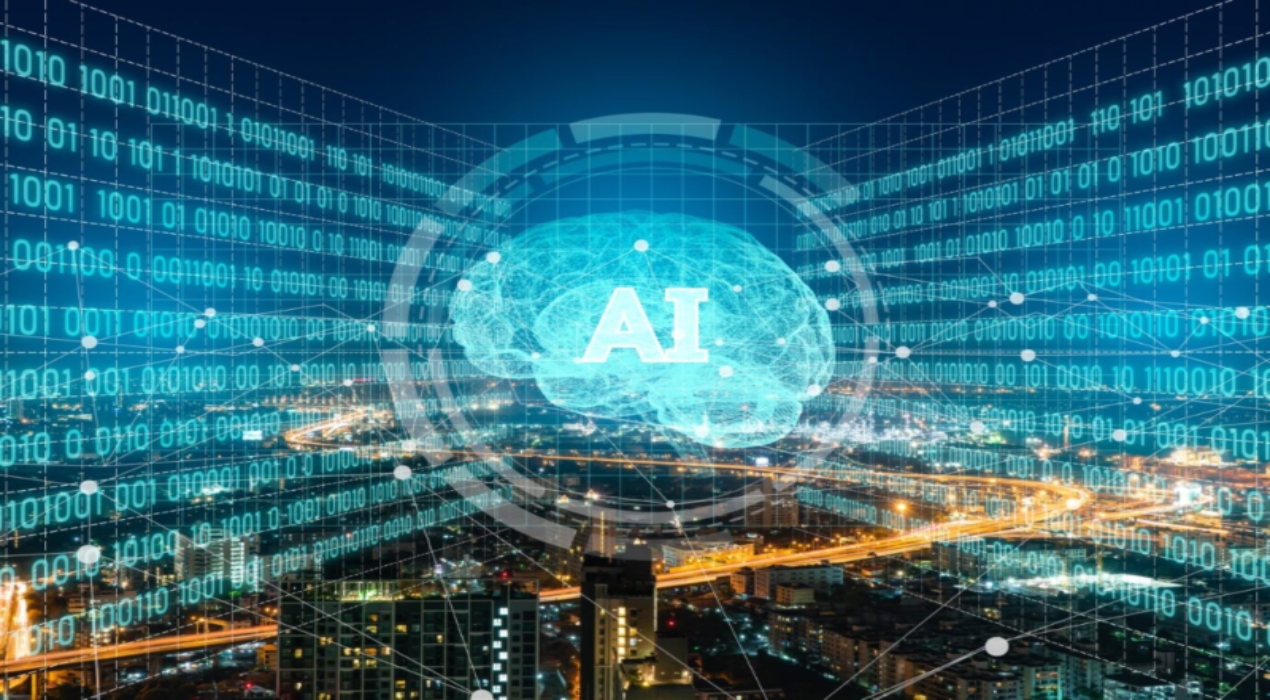
COVID -19 has been the biggest game-changer in our generation and has driven organisations to focus on leveraging technology to recover and thrive in the new normal. Security teams are accustomed to anticipating and responding to the unexpected.
With the onset of the pandemic, cybersecurity concerns increased around the world with many organisations exposing themselves to a greater number of attack vectors given the global move to prioritise remote working.
Organisations worldwide had to immediately contend with an increase in risk and needed to pivot quickly to reduce the likelihood of falling victim to cyberattackers capitalising on the pandemic. What’s more, the cyber breaches were also the result of a rise in state-sponsored cyberattacks, rather than stand-alone bad actors.
With lockdowns across the world, organisations experienced difficulties with online connectivity and communicating with their employees, suppliers and customers, in addition to issues with rising security risks – both physical and cyber.
In a matter of days, organisations had to respond to dramatic changes. Adapting to new remote working demands with creaking connectivity issues, they had to brave it all. What did not change, however, were customer expectations. With everyone moving online, the demand for scalable, optimised, secured and unified digital services have grown exponentially. Customers expect a seamless and secured digital experience, every time.
The rise of cybercrime has highlighted the fact that cyber and physical security measures can no longer be treated as separate conversations. Physical security professionals must partner with their counterparts in IT to understand the true limits of the security perimeter and mitigate against risk.
This requires solidifying a resilient cyber-physical security framework, to ensure trusted devices are integrated with the network and subsequently configured, updated and managed throughout their operational life.
The realities of COVID-19 and the subsequent shift to work at home, have emphasised the value of technology that can provide greater insight and control. As a result, video analytics, access control and identity management are all identified as strategic technologies for 2022 and beyond.
Modern organisations use a range of smart physical security solutions to keep their people and assets safe – but it’s important that they also acknowledge that these security tools can be an entry point for threat actors to gain access to corporate networks.
This was the focus of an exclusive OpenGovLive! Virtual Insight Session that aimed at imparting knowledge on how to deploy your security systems to do more than safeguard people, assets and data. The session discussed and deliberated on how an integrated security framework could provide the foundation to meet organisational needs today and evolve as the business changes.
Staying Ahead in a VUCA World

To kickstart the session, Mohit Sagar, Group Managing Director and Editor-in-Chief, OpenGov Asia delivered the opening address.
Mohit began by saying that in this hyperconnected world today, one of the most important things is security, both physical and cyber. Everything is moving at an unprecedented level in this rapidly evolving world. Organisations are trying to protect themselves from every angle. Pre-pandemic, Australia has a lot of challenges when it comes to natural disasters, but they were isolated incidents. People may have read about it but few were directly impacted.
However, the COVID-19 pandemic has shifted many things, indeed almost everything, because it has affected everyone. Currently, this means, about 70% of the workforce want to continue working from home. As people’s habits are changing, the requirements of cyber and physical security are also changing drastically. On a global basis, the massive challenges are cloud technology and the security landscape.
Mohit emphasises that whatever tech is available on the platform, is also available to everybody else that is trying to get into the platform.
Regardless of how massive the security threat is, Mohit firmly believes that if organisations keep a huge distance between the last wall and their core information, organisations can keep themselves secure. The question is: how to build trust so that everybody in the team feels secure.
In this scenario, partnership with experts that know what they are doing is vital. They can help build or maintain the platform quickly, efficiently and, for the most part, get it right the first time. Having competent experts who can focus on keeping organisations safe and secure, allows organisation employees to focus on their main tasks and key deliverables.
The Three Trends: Cybersecurity, Unification, Cloud

Léon Langlais, Chief Product Officer, Genetec APAC, was the next speaker who talked about solutions that Genetec could offer in this situation.
From its inception, Genetec’s focus has been on delivering innovation that makes life work better. The company builds resilient, connected solutions that go beyond security to provide operational insights that allow organisations to improve their business and environment.
A leading research and advisory group recognises Genetec as the world leader in Virtual Memory System (VMS) and the fastest-growing access control software provider in the world. Genetec is certified ISO/IEC 27001 standard for information security management systems (ISMS). It was the winner of the 2017 Public Sector: Public Safety and National Security Award. Genetec does not sit on its laurels but continues to improve its products.
Genetec gets close to the end-users and the industry they work in to understand the challenges that are being faced. This way, Genetec can help organisations achieve business outcomes more efficiently.
A core team of engineers focuses on security which is protecting the people, the asset and the infrastructure. Equally important, Genetec has invested in business intelligence and the improvement of operations. As data keeps increasing and becoming more complex, Genetec focuses on making sense of the data to gain actionable insights. Second, Genetec helps organisations leverage security systems to be more efficient in driving business outcomes through automation, collaboration, and standardised SOP.
One of the top areas f priority is cybersecurity. Remote work as a result of the pandemic has increased the attack surface and probability. Without a doubt, the infrastructure of employees at home is not as secure as the business one. Cybersecurity is not a product’s feature, it is a product’s property and it should be built in from the ground up and must be constantly evolving to meet the evolving threat.
The second trend is unification. The amount of data that gets sent to the security system keeps increasing.
Lastly, it is about cloud technology. Léon believes that manufacturers should offer a solution that is called Hybrid First: strong both on-prem and cloud. This flexibility is important going forward.
Resilient Security Operations

The forum next heard from George Dionisopoulos, Head of Security, NEXTDC. Digital infrastructures are empowered by the data centres that support them.
With organisations relying on Hybrid Cloud environments to enable them to create innovative products, services and digital experiences, digital infrastructure supported by an ecosystem of partners, clouds and networks are now the cornerstones for successful digital businesses.
NEXTDC’s data centres and custom colocation solutions are engineered to grow in line with the dynamic nature of the business. Enabling greater flexibility, speed and agility through solutions that scale and prevent friction, supported by the country’s most network-dense and highly skilled ecosystem of cloud platforms and digital services providers.
In recent years, there are more and more cybersecurity threats to essential services, businesses and government. Security risk management is integrated into NEXTDC’s purpose, governance, strategy, objectives and operations ensuring a positive security culture.
World-Class Elite Security
- Multi-layered security zones
- Designed and built to a ASIO T4 and Security Construction & Equipment Committee (SCEC) Zone 3 (minimum)
- 24×7 Elite Inhouse Security Operations Centre
- Ballistic rated Front of House
- Real-time CCTV monitoring throughout
- Biometric enrolment and anti-clone access cards
NEXTDC helps organisations to reduce risks from day one. The partnerships directly benefit customers to secure and protect systems and data.
Interactive Discussion
After the informative presentations, delegates participated in interactive discussions facilitated by polling questions. This session is designed to provide live-audience interaction, promote engagement, hear real-life experiences and impart professional learning and development for the participants. It is an opportunity for delegates to gain insight from subject matter experts, share their stories and take back strategies that can be implemented in their organisations.
The first question asked as more organisations look toward technology to provide business intelligence, which of the following insights would be useful. More than three quarters (78%) chose aggregation of data from varied sources.
Leon feels that data aggregation is a big challenge as it is very hard to make something complex simple; hence it needs a great platform.
The remaining delegates were equally split (11%) between people counting/occupancy/office utilisation and incident management and reporting.
The second question inquired whether compliance or regulations – both often a moving target – are in delegates’ current focus. Almost half (44%) focus on privacy and data protection while just over a third (34%) chose others, such as critical infrastructure. A little more than one-fifth (22%) chose physical identity and access management.
As remote working has forced an increased need for better/safer ways to collaborate, participants were polled on the greatest barrier for their organisation. Almost half (49%) chose others, such as the shift in culture to be the biggest challenge for collaboration. A quarter (25%) chose disconnected/incompatible systems to be the barrier. The balance delegates were evenly divided (13%) between siloed departments and out of date or lack of policies.
As cloud utilisation becomes more relevant, the delegates were asked what would be an enabler to help move operations and security to the cloud. Almost two-thirds (66%) chose others such a business understanding that moving to the cloud is no less secure and there is no downside to moving to the cloud. Delegates were equally split (17%) between cost optimisation and improved compliance controls.
Conclusion
In closing, Léon expressed his gratitude to everyone for their participation and highly energetic discussion. He reiterated the importance of having an open, unified platform, what it can bring beyond security and that there are tailored, specific solutions to help collaborations. The platform also provides more actionable insights.
As a call to action, Léon invited delegates to think about how they can leverage their significant security investment to actually make business better. He invited the delegates to reach out to his team and him to explore ways of working together.
















